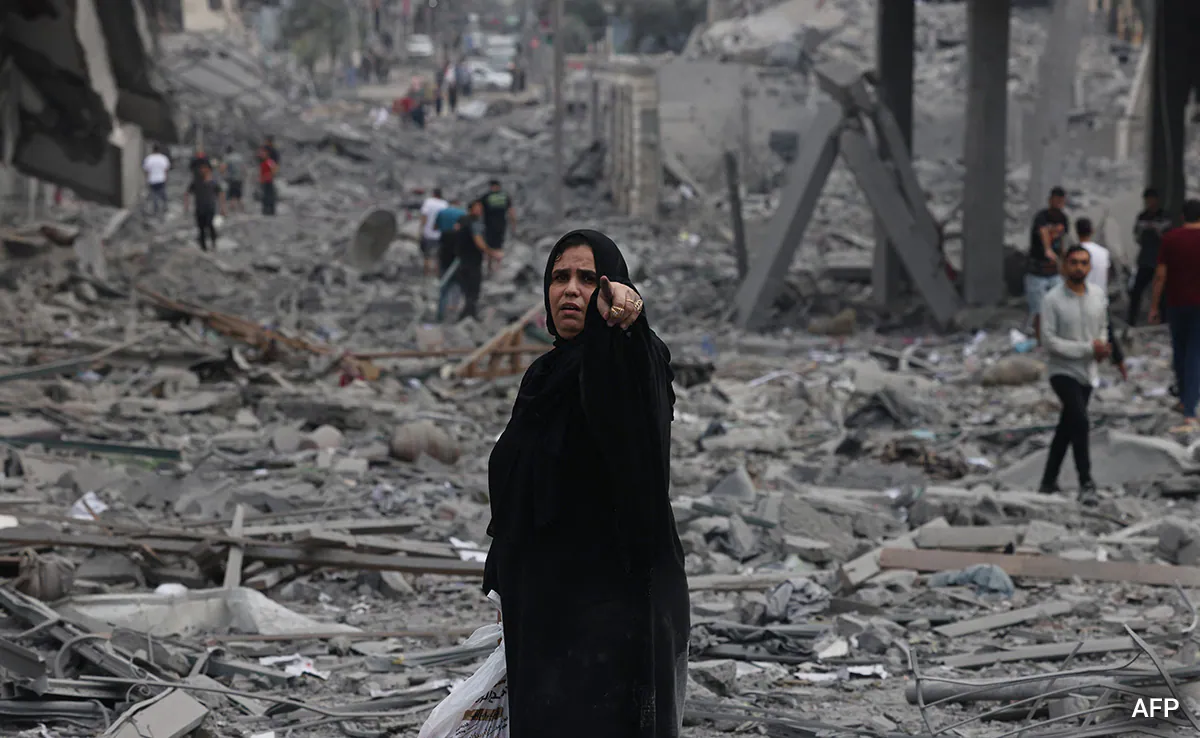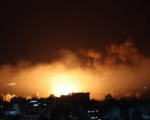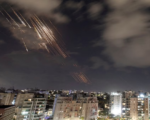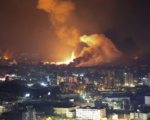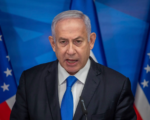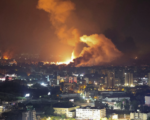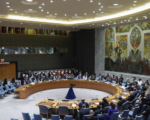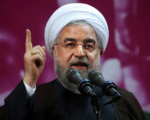Iranian officials have indicated that a ceasefire deal in Gaza, expected from upcoming talks, is the only factor delaying Iran’s direct retaliation against Israel for the assassination of Hamas leader Ismail Haniyeh in Tehran. Iran has vowed severe retribution for Haniyeh’s killing, which it attributes to Israel, though Israel has neither confirmed nor denied involvement. The U.S. has increased its military presence in the Middle East in anticipation of potential escalations.
A senior Iranian security official revealed that Iran, along with its allies like Hezbollah, is prepared to launch a direct attack if the Gaza ceasefire talks fail or if Israel appears to be stalling negotiations. However, the timeframe for Iran’s response remains unclear. The heightened risk of a broader conflict following the deaths of Haniyeh and Hezbollah commander Fuad Shukr has prompted Iran to engage in intensive discussions with Western nations, including the U.S., to calibrate its potential retaliation.
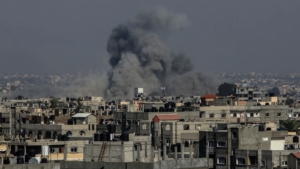
The U.S. has been urging its allies to help de-escalate tensions, with Washington seeking to prevent Iran from escalating the situation further. Regional discussions have also taken place with Tehran to avoid further conflict, especially as the Gaza ceasefire talks approach, expected to be held in Egypt or Qatar.
Despite international calls for restraint, Iran remains steadfast in its stance against Israel. Iranian Supreme Leader Ayatollah Ali Khamenei has promised harsh punishment for Israel, reinforcing the Revolutionary Guards’ role in determining the country’s regional policies, which answer directly to him. Although Iran’s relatively moderate new president, Masoud Pezeshkian, has reaffirmed Iran’s anti-Israel position, the government appears keen to avoid a full-scale war, aiming instead to achieve a ceasefire in Gaza that could offer Iran strategic advantages and strengthen its regional influence.
While Iran has not been directly involved in Gaza peace processes before, it is now considering sending a representative to the upcoming ceasefire talks, signaling its willingness to play a more active role. This representative would engage in behind-the-scenes diplomacy rather than directly attending the meetings, maintaining communication with the U.S. and other involved parties.
Iran’s approach is influenced by its desire to balance retaliation with strategic gains, possibly opting for a symbolic response if a ceasefire is reached. However, if talks fail, Iran and its allies are likely to execute a more significant retaliation, potentially involving a coordinated effort by the “Axis of Resistance,” including Hezbollah and other regional militias aligned against Israel.


